"You only fail if you stop writing." - Ray Bradbury, Author of the original story treatment for It Came From Outer Space. It's all over! We wrapped up our year at SAI with one last crit, many last drinks, and inevitable emotional declarations of platonic love and respect.
The crit was an opportunity to have our scripts read by a brand new mentor, giving us a fresh perspective on our stories. After a gruelling final push where I scrapped about half of the script and replaced it in four weeks, it was incredibly encouraging to hear that people generally felt it was edging in the right direction. For the first, and almost certainly the last time in my life, my crit kicked off with the words "I don't have that many notes, because I don't think that much needs to change." I'm not getting used to it. The course is over, but it feels like work on the script is just beginning. Only now I have to set my own deadlines... and try to take them seriously. This year has pushed me to reveal more of myself to a room full of strangers than I would neccessarily be comfortable with. Through writing, not flashing. Okay, one time I flashed. Anyway, that's not to say that my protagonist has the same issues as I do, I'm surprised as much as anyone to find that we're not twins, but I've had to do a lot of soul searching to get to this point. In the words of Charlie Kaufman, "When I'm writing, I'm trying to immerse myself in the chaos of an emotional experience, rather than separate myself from it and look back at it from a distance with clarity and tell it as a story. Because that's how life is lived, you know?" Yeah, I haven't exactly had to try. If anything I've been trying not to. It's been intense and challenging but ultimately very rewarding. SAI has been a great experience. I've met filmmakers and friends that I hope I'll know for life, especially as at least three of them have promised me a thanks in their Oscars speech. Thanks to Stephen May for running the course, and Mike Wells and Lauren Dark for their most recent notes. Thanks to the eleven people who read my blog, too. In a way, you deserve the biggest thanks of all. Byeeee.
3 Comments
"In writing, you must kill your darlings.” - William Faulkner, author of Sanctuary on which The Story of Temple Drake was based. With only three weeks to go until our final deadline, you might think that now would be a bad time for a big game changing note. You'd be mistaken.
On Monday we had a group pitching session with Lauren Dark and Mike Wells. They suggested that I kill off a six year old, who is the daughter of the protagonist in my script. Actually 'kill off' is inaccurate - they suggested that she should have never been born. Those heartless bastards. It's is an interesting, if daunting idea. The six year old's character provides both raised stakes and comic relief and I really enjoy writing her. But what they rightly recognised is that she's a hang over from when the script was attempting to be a straight thriller. Annoyingly, I'd cleverly disguised this from myself by making her the funniest character in the entire script. But getting rid of her, tragic as it is, tips the dynamic so that my protagonist has more of a licence to be funny and act like a reckless dick without the audience judging her an irresponsible parent. So although the workload continues to grow heavier, hopefully the script is edging towards the path that leads to the start line of road that's facing vaguely in the right direction... The way here is littered with the bodies of my darlings... and a shit ton of pizza boxes. "I think anything is possible to anyone who dreams, dares, works and never gives up." - Xavier Dolan, Director of It's Only The End Of The World. This week we looked at dialogue: text and subtext. We took a scene from another filmmakers script and rewrote it with particular attention paid to the tactics the characters used to try and achieve the ends of their opposing agendas. I tried a new technique, writing the intention/direction in parentheses above each line. Interesting stuff.
Week two of the London Film Festival was just peachy. Highlights included Love Song, a subtle, sensual, semi-improvised film from the director of For Ellen, So Young Kim and It's Only the End of the World, directed by Xavier Dolan, with memorable performances from Marion Cotillard and Vincent Cassel. As with every film from that aggravatingly talented and youthful bastard, there were scenes that will stay with me always. It never feels any easier. It always feels like with every new film you’ve hit the reset button, and though all the experiences feel familiar and deep down you know how things all work on the day to day, it feels like you’re experiencing them for the first time, again. - Antonio Campos (Director of Christine) It's the London film Festival, and seeing some of the latest and greatest films around has provided some much needed inspiration as we grope around trying to latch onto our second drafts. Christine (from the director of Martha Marcy May Marlene) is my film of the fest so far - a humanising look at the life of Chirstine Chubbuck, a driven but emotionally crippled local news reporter who killed herself live on air.
We had a great talk from Johannes Roberts this week about his background and process. This is a filmmaker who will forcibly get things made, and it was inspiring to hear him talk about his methods, from coming up with a half formed idea to publicising his work. Roberts is definitely from the Rebel Without a Crew school of filmmaking. You have doubts about the script? You have concerns about cast? You have very little time and even less money? Don't wait around for someone to give you permission. Make the film no matter what. All in all, an inspirational couple of weeks. Alongside all this, I've spent a lot of time focussed on reworking the characterisation of my protagonist and in particular the opening of the film. Starting over and facing down the blank page to free up the opening of the story from the constraints of the previous draft is daunting, but hopefully it will lead to bigger and better things. "The road to hell is paved with works in progress" - Philip Roth (author of the novel American Pastoral) In the useful, necessary and altogether edifying process of receiving notes on your first draft, there comes a point where you say, "Pass the lighter fluid, because this thing is going on the BBQ." Just to clarify, you don't need lighter fluid to burn the script. Paper is famously flammable. The lighter fluid is to toast your work as you watch it burn.
The next morning, you wake up to the realisation that the notes weren't that bad and that maybe there is still something there for you to work with. After a moment's panic you also remember that you have a computer and that it still has the script on it! Great! Now it's time to take a step back and consider what drew you to this particular story in the first place. What moods and feelings will carry us through a scene. How the characters will grow and change in more meaningful ways with each draft. And you think, "God dammit. I wish I hadn't finished all the lighter fluid." "Write with the door closed. Rewrite with the door open." - Stephen King We're back after a long summer's writing with revised first drafts. The rewriting process, after receiving several sets of notes, started to gain focus and momentum in the last few weeks before delivery and I ended up reworking many of the major beats and most of the dialogue. I think it's better than the first draft... Probably... But who can say?
The first session of the autumn term was a round table crit, where mentors swapped mentees and read their scripts for the first time, providing extensive feedback in a group setting. Filmmakers read one another's scripts too, so the debate could be opened up to the floor, but with so many scripts to get through it didn't allow for much detail. In the next week or so we'll be forming a more solid game plan for the development of the second draft that's due at the end of November. On Wednesday we met the influx of new filmmakers for the Autumn term, who all have action movie character-worthy names like Laila Leghari and Nate Bryon. I paired up with Jon Champion (see?) and we singled out our protagonist's most painful moment. We were then asked to describe it to one another, and then to go away and write the other person's scene with no dialogue. We then read each other's interpretations of our scenes and then rewrote our own scenes without dialogue. Got it? Good. Rewriting key scenes without using dialogue has been something I have been planning to do, and this exercise only confirmed how useful it is to free yourself from the constraints of conversation to look at how a story can be told visually and though sound. The annoying thing is that rewriting someone else's scene is so much easier and more fun than rewriting your own... But this is a technique I'm going to employ for further scenes as it prompted the development of a much more atmospheric ending to the film. "People ask how long it takes to write a script. The answer is about two years. But a lot of that doesn't look like what a passer by would say was writing. It looks a lot like me lying on my couch watching ESPN. But what I'm doing is [...] I worship at the alter of intention and obstacle." - Aaron Sorkin
The first draft of the script was due on the 6th of July. Having spent six weeks bashing out the first draft and trying to figure out what my ending was, it was on one level a huge relief, and on another a terrifying leap of faith to send the script out to fifteen people. Frustrating as it is to send out a draft knowing there is so much wrong with it, when other people's opinions get involved it becomes more like a real thing that might one day be a real film. A script can't grow in a vacuum and much as I wanted to keep the pillow over its ugly face a little longer, sharing has helped immensely. This metaphor doesn't work. Whatever. I'm tired of writing. No, you shut up.
Now I'm a month down the line, facing five sets of notes in various forms. It turns out being on the giving end of script notes for so long had prepared me for being on the receiving end not one iota. I found myself kind of scared to touch the thing again, not really knowing where to begin. It felt like I was standing in the doorway of my bombed out house, surveying the carnage as rain poured through the ceiling and thinking, well, there's still a bit of roof jutting out over the bed, maybe I'll just have a nap before I start cleaning this mess up. This weekend I have got down to it, running through the script and actually writing script notes physically onto the page, scrawling possible solutions next to them. I have made a to-do list which includes mapping out changes of perception for each character, checking sequences and finding new title. SOMEONE NEEDS TO COME UP WITH A NEW TITLE FOR ME DO I HAVE TO DO EVERYTHING AROUND HERE? The blog wasn't on the list. This is pure procrastination... as is watching YouTube videos and pretending they're work related... "A film is - or should be - more like music than like fiction. It should be a progression of moods and feelings. The theme, what's behind the emotion, the meaning, all that comes later." - Stanley Kubrick So this is it! The final session before we embark on five months of writing. It's been a wild ride and I think we're all dying to get started on the scripting process. Working with a draft will cement things in a way that treatments just can't, and will really give voices to the characters in my head... and characters to the voices in my head.
We had our last round of treatment feedback this week, and will have a chance to follow this up with our mentors next week. Getting feedback from readers who are totally new to the project is a great advantage at this stage - many filmmakers on the course have been living with their stories for years rather than months, but even though this is a relatively fresh world for me it's been reinvigorating to hear from people who are coming to it for the first time. Ok, I'm off to the panic room for a couple of months. Have a nice summer everyone. I will be spending mine in a dark room, wrestling criminals and housewives. "If it sounds like writing, I rewrite it." —Elmore Leonard This week we looked at what makes an iconic scene.. We watched the opening sequence of The Social Network. Sound design and directorial choices set up the themes of the film with a cacophony of voices almost drowning out the stream of machine-gun fast dialogue. It's an electric scene that is immediately subverted by the next sequence - this is a film not about relationships but about hubris and revenge... just like Facebook.
We workshopped our scenes paying particular attention to the tempo and tone, and whether these can be heightened. We were challenged to push our scenes to extremes without overstepping the laws we've set up for the world of our films. Humour can be used to lend authorial licence to take the scene to a more heightened place. Inanimate objects, weather and secondary characters can be used to reflect what's happening in the scene. And a change of character point of view can create more of a sense of the unexpected. So I set my key scene in a hurricane from the PoV of a frog and I think it's really helped. You know, it shouldn't just be about women as heroic figures overcoming things, it just needs to be about women in general getting the opportunity to play a multitude of roles, telling a multitude of stories - just to express human experience from a woman's perspective. I hope, someday, we can get to that point. - Diablo Cody, Writer of JUNO. This week we had our film market, where producers, directors, writers, agents and acquisitions people came in to meet with us and hear our pitches. We had the opportunity to pitch twice. Producer Ernest Riera, Director Oliver Parker and Acquisitions Exec at NBC Richard Thompson were very generous listeners and gave us some excellent advice. They talked about the possibility of considering alternative locations for the film, and we discussed how the balance between comedy and thriller elements would work.
In the second group we pitched to Producer Lauren Dark and Writers John Mc Nally and Eitan Arrusi. Eitan made some interesting points about the lack of population in the majority of the script, and suggested ageing up the daughter to make her more of a complex character. Lauren is looking for female lead projects and expressed an interest in reading the script in September... Win. We also had feedback on our film and TV projects. This will take us into the final draft of the feature treatment which is due next week. Hello 3am. |
STORYTELLING FOR THE SCREENA blog about The Screen Arts Institute's 'Storytelling for the Screen' course, taught by Stephen May and supported by the BFI. Archives
December 2016
Categories |
|
© 2024 Ruth Sewell. All Rights Reserved.
|

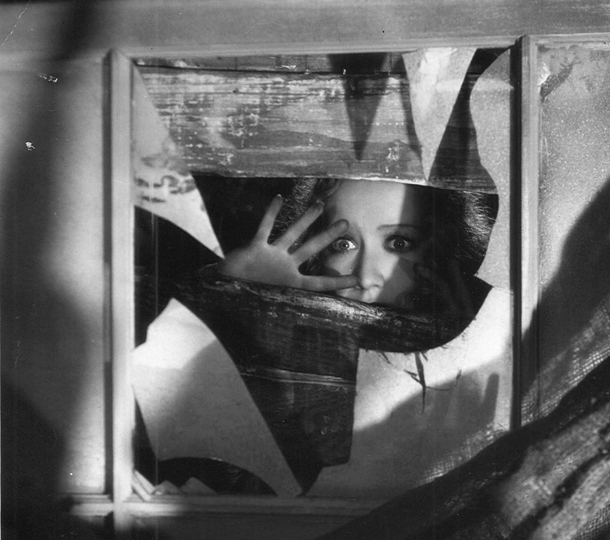
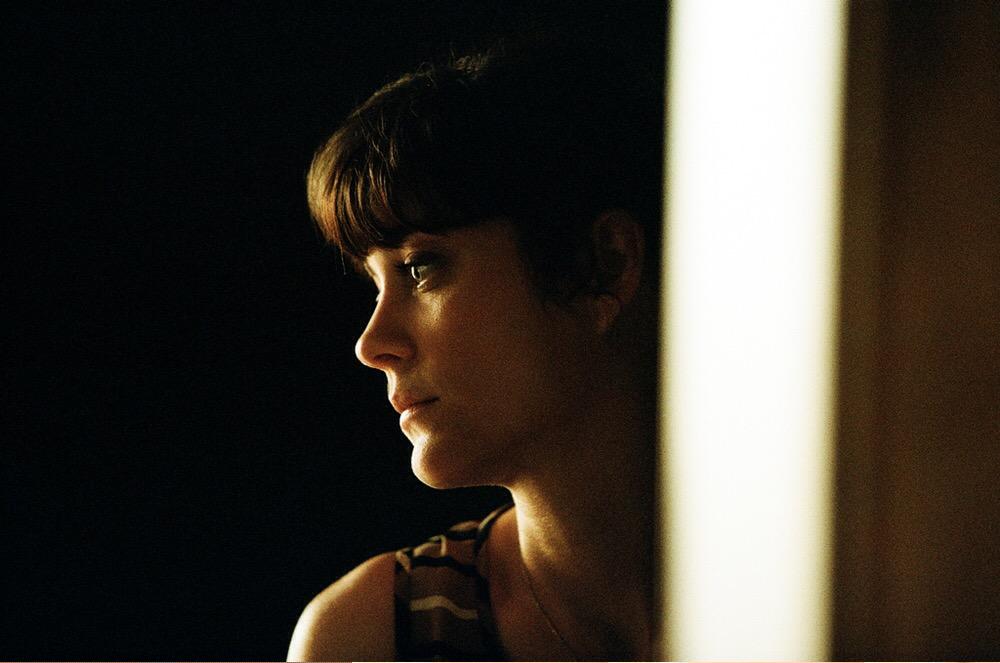

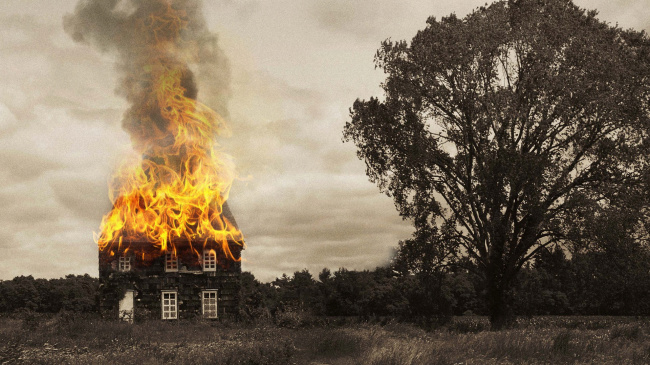
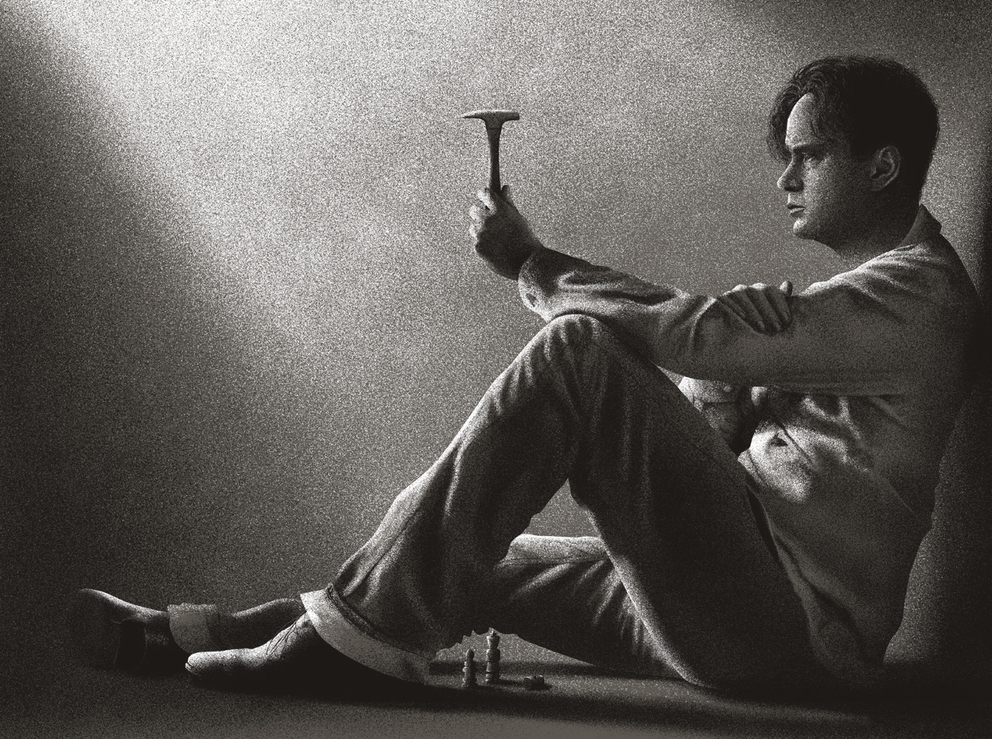

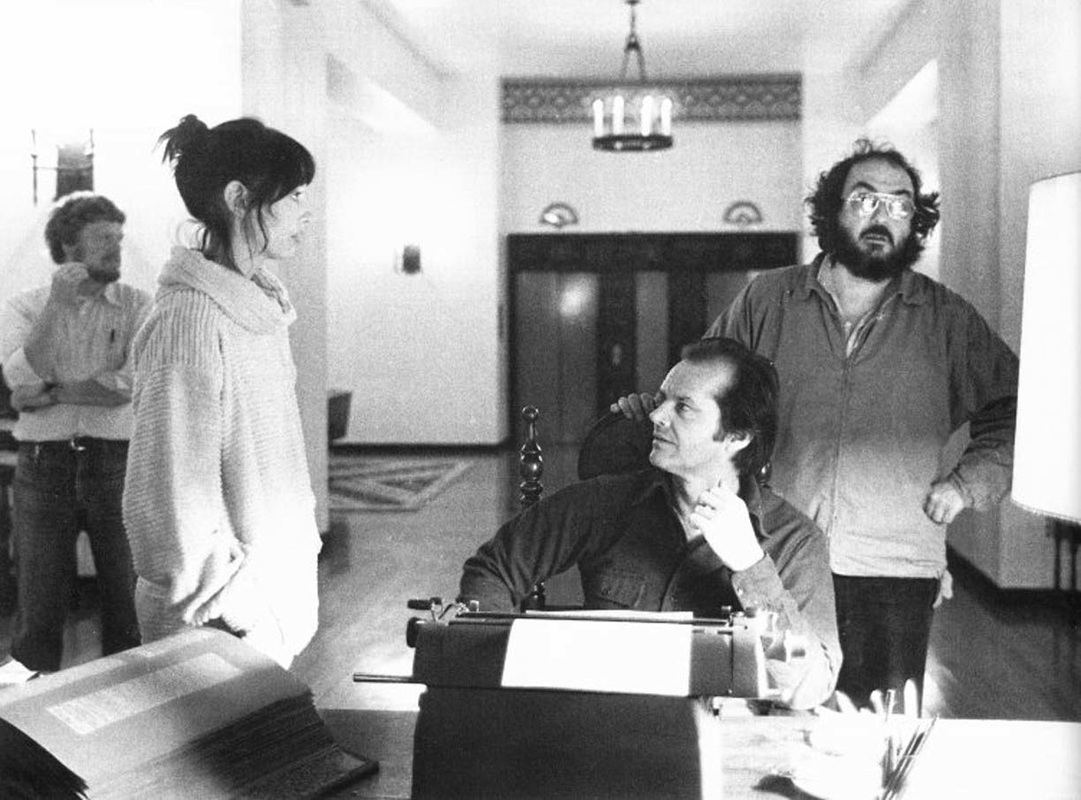
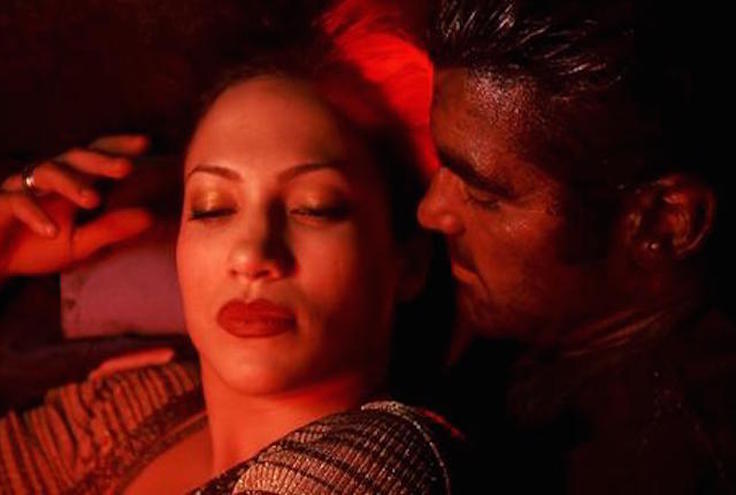
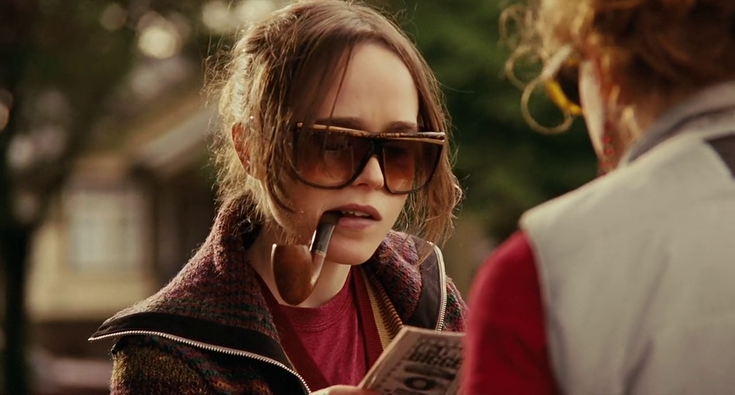
 RSS Feed
RSS Feed